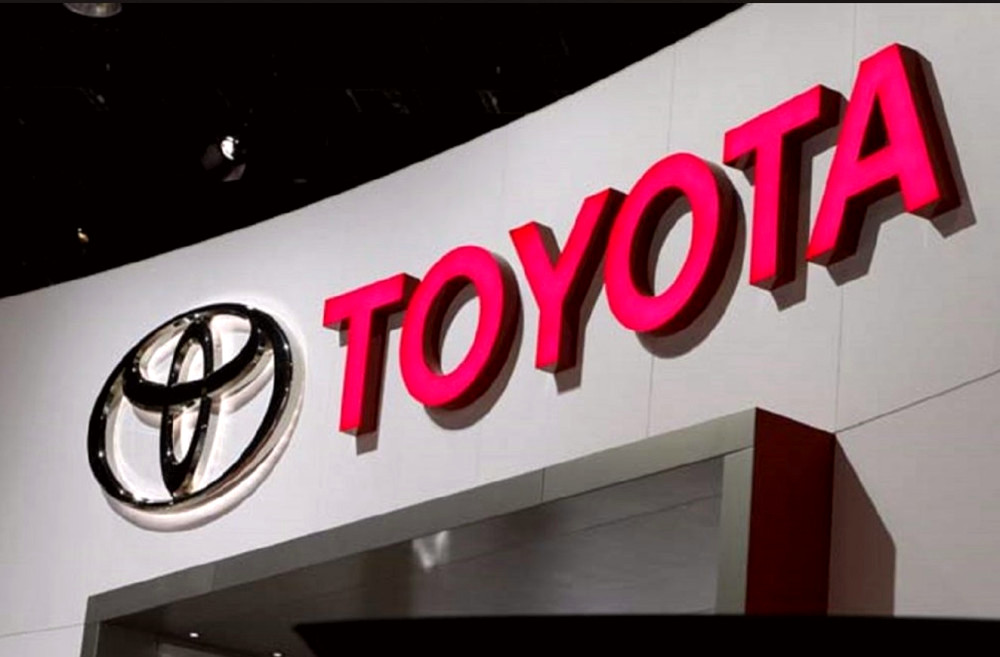The automotive leader Toyota has revealed its plans to introduce solid-state batteries (SSB) in its cars by 2027–2028. Reports indicate that these batteries could last up to 40 years, which is four times longer than typical lithium-ion batteries used in electric vehicles. This information comes from Interesting Engineering.
The solid-state battery technology utilizes a solid electrolyte instead of a liquid one, enhancing safety, energy density, and lifespan. These batteries are smaller, lighter, and charge faster, thereby reducing the risk of overheating. It is noted that they can provide a range of over 1,000 km on a single charge.
In October, Toyota announced a breakthrough in solid-state battery development by collaborating with Sumitomo Metal Mining to mass-produce cathode materials. This partnership has been in place since 2021 and aims to address the issue of cathode degradation during multiple charge and discharge cycles. The use of Sumitomo's proprietary powder synthesis technology has resulted in a more durable material. Mass production is scheduled to begin in Japan's 2028 fiscal year, initially for Toyota, followed by a broader market rollout.
With their long lifespan, these batteries can be reused in two or three vehicles. While lithium-ion batteries retain around 90% of their capacity for approximately 10 years, solid-state batteries can last up to 40 years. This reduces the carbon footprint of production, as one solid-state battery replaces four conventional ones.
Toyota is also partnering with Idemitsu Kosan, which is constructing a factory to produce lithium-sulfur, a key material for the new batteries. The plant's capacity is expected to be 1,000 tons per year, with mass production set to start in 2027.
At the Japan Mobility Show, Toyota representatives emphasized that the initial stages of this technology will be expensive, and cost reduction will depend on manufacturing processes and demand. The first solid-state batteries are expected to appear in premium models like Lexus or Century, and later in mass-market vehicles, including the new generation Toyota Corolla.
Experts note that widespread adoption of solid-state batteries will take time due to production complexities, high costs, and raw material limitations. Nevertheless, Toyota's recent advancements indicate significant progress toward commercializing this technology.
